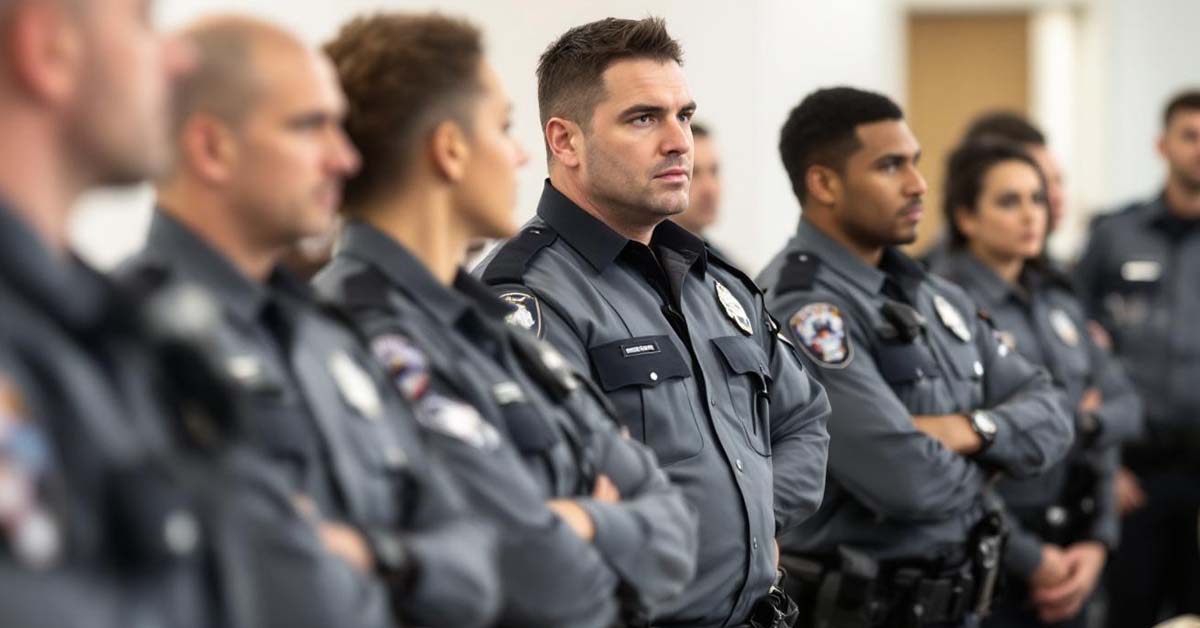In the world of security, appearances can be deceiving. While Guardian Protection Force believes it is essential for security personnel to possess the skills and training required to safeguard a client’s property, the importance of body language cannot be overstated. A security officer’s posture, walk, and body language can speak volumes about their professionalism and commitment to the job.
It is the first conversation a security officer has with the suspect, and it often takes place when the two are yards apart. This non-verbal communication is not only an indicator of competence but can also serve as a powerful deterrent to potential threats. A security officer’s posture and walk can convey a sense of professionalism that immediately sets the tone for their interaction with the public.
Standing with shoulders back and chin up demonstrates confidence and self-assuredness. This demeanor sends a clear message to anyone observing that the officer is alert and ready to handle any situation that may arise.
Conversely, slouched shoulders and a shuffling step can give off an impression of indifference or disinterest. Potential threats often look for signs of vulnerability, and poor posture can signal just that.
A vigilant and professional posture, on the other hand, can deter those who wish to exploit any perceived weaknesses in the client’s perimeter.
A security officer’s body language is closely linked to their appearance, which includes their uniform and personal grooming. A well-maintained and professional uniform not only identifies the officer but also conveys a sense of authority and purpose. A well-maintained uniform serves as a visual representation of an officer’s commitment to security and demonstrates their dedication to the job.
Furthermore, personal hygiene is a critical component of a security officer’s image. Cleanliness and grooming are essential not only for health reasons but also for projecting professionalism. Remember a yuck-yuck mouth and bad body odor are the killers of conversation. An officer with good hygiene sends a positive message to clients and the public, reinforcing their confidence in GPF’s capabilities.
It goes without saying that in the realm of security, maintaining constant vigilance is paramount. A security officer who is perpetually scanning their surroundings for potential threats exudes an air of competence and attentiveness. Their eyes are trained on the task at hand, and their body language reflects a heightened state of awareness.
Conversely, an officer who is frequently distracted by their phone or engaged in long casual conversations with fellow officers sends a very different message. This type of behavior can suggest a lack of commitment and may inadvertently create opportunities for security breaches. Criminals often exploit such distractions, knowing that their chances of going unnoticed are significantly higher.
In an ever-evolving security landscape, where threats can come from various sources, the power of non-verbal communication should not be underestimated. Security officers should be mindful of the message their body language conveys and strive to maintain the highest standards of professionalism in every aspect of their appearance and behavior. By doing so, they can contribute significantly to the safety and security of their clients and increase their standing in the company.



0 Comments